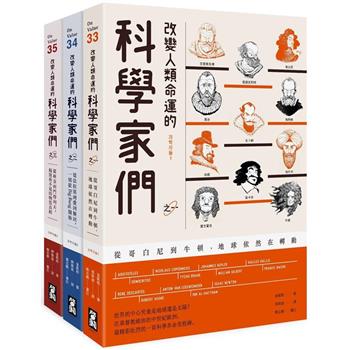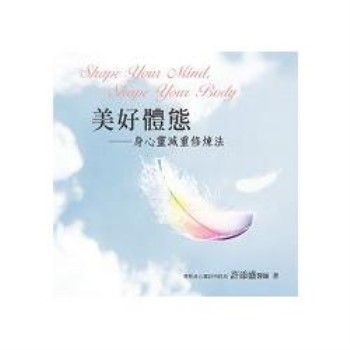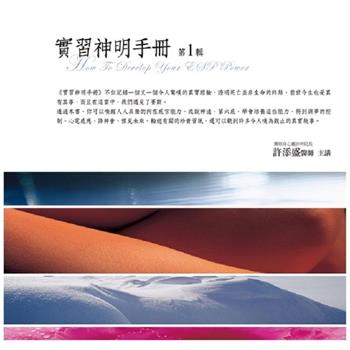Creativity and The Paris Review Interviews: A Discourse Analysis of Famous Writers’ Composing Practices centers around a thematic discourse analysis of a 2000-page corpus of Paris Review interviews, focusing on the creative processes of some of the world’s most famous fiction-writers and poets. The discourse analysis traces elements of the paradigmatic creative-process model--first insight, preparation, incubation, insight, verification--through the focal artists’ descriptions of their composing practices as embedded in the interview transcripts. That analysis also reveals multiple and significantemergent themes germane to fiction and poetry writing. The ultimate goal of this analysis is to identify patterns relevant to the aforementioned creative-process elements and themes that are suggestive of specific strategies writers can employ to facilitate their own composing acts--whether fictional, poetic, or expository. Such findings will also benefit teachers seeking to facilitate student success in the composition classroom. Applications to expository writing are bolstered by a thorough treatment of scholarship on intersections between creativity theory and composition theory.
This book is informed by four critical premises, each of which is explicitly addressed:
- All writers can learn valuable creative and composing practices from studying and experimenting with the creative and composing practices of other writers; The collection of Paris Review interviews is a respected and uniquely illuminating repository of specifically documented creative practices and experiences of the world’s most accomplished writers; Systematic, empirical analysis of these interviews reveals distinct patterns in the creative practices and experiences that the authors credit as being relevant or crucial to their success; These patterns of practice and experience point to potentially fruitful strategies for facilitating successful composing acts in established and developing writers.
In examining and supporting these premises, author Ronda Leathers Dively employs various scholarly lenses from a number of disciplines--most significantly rhetoric and composition, psychology, and education. The findings of the analysis are supported by raw quantitative data (in the form of total "hits" establishing the strength of given themes) and illustrative qualitative data (in the form of direct quotes and paraphrases exemplifying these themes).
In addition to the sheer pleasure and fascination derived from reading about famous authors’ reflections on the creation of their masterworks, this book provides a catalog of specific environmental conditions, behavioral routines, and cognitive practices that can productively expand the repertoires of writers and writing teachers alike. Individual writers might tap these techniques in the quest to invigorate their own writing production while writing teachers might tap them for fresh approaches to sparking their students’ excitement about writing and confidence in their composing abilities.












